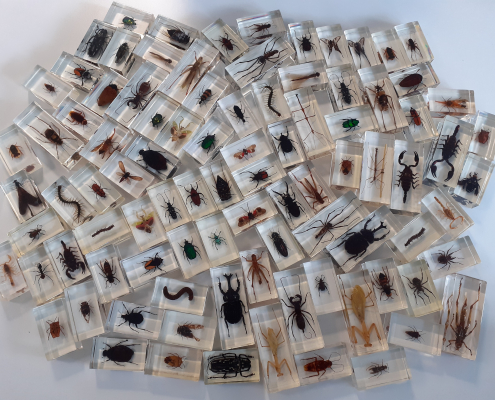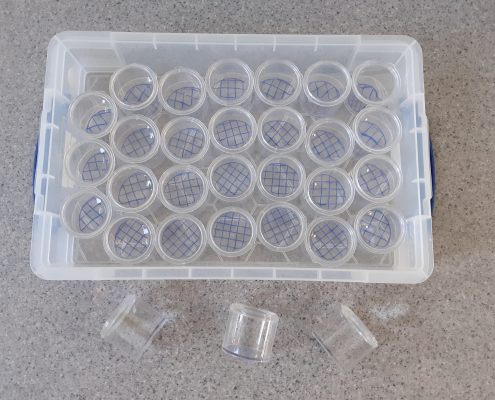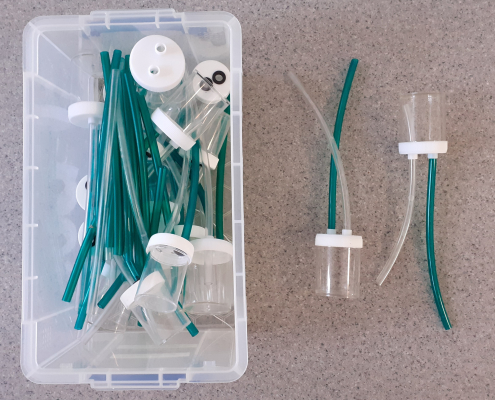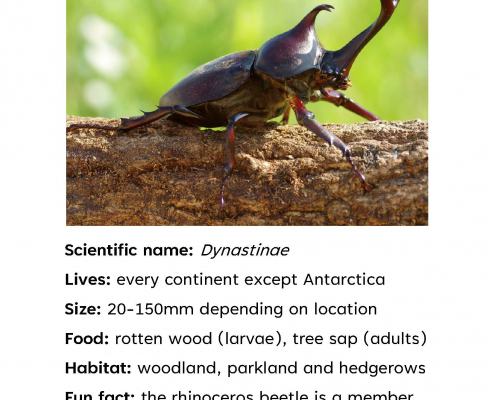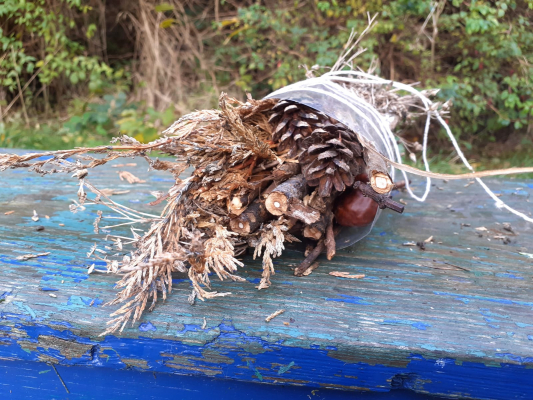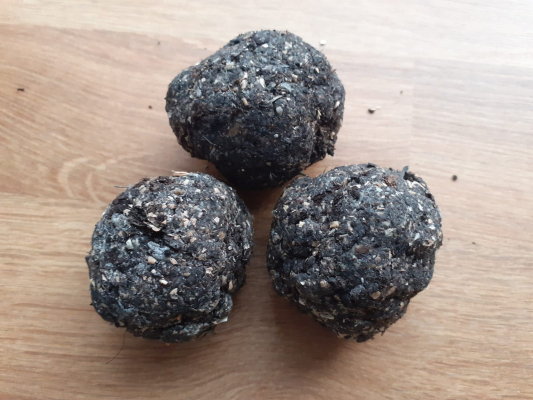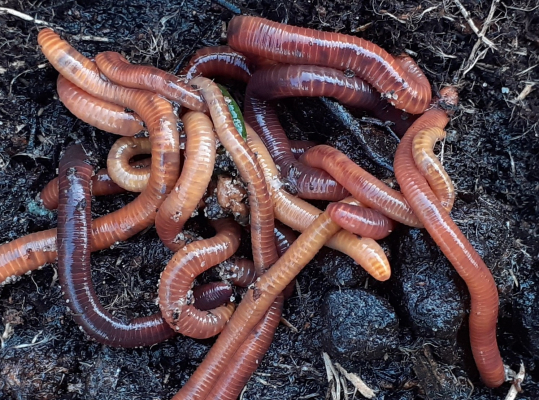A variety of insects in resin to investigate and classify with fact cards to discover more along with equipment to collect mini beasts.
Curriculum links
Year 4 Science: Living Things and their Habitats
- recognise that living things can be grouped in a variety of ways
- explore and use classification keys to help group, identify and name a variety of living things in their local and wider environment
Year 6 Science: Living Things and their Habitats
- describe how living things are classified into broad groups according to common observable characteristics and based on similarities and differences, including micro-organisms, plants and animals
- give reasons for classifying plants and animals based on specific characteristics
What’s in the box?
A wide variety of insects from all over the planet, including grasshoppers, beetles and mantises.
- Five sets of assorted insects in resin
- A fact card for each insect
- Class set of magnifying glasses
- Pooters and magnification pots for mini beast collection
Download the complete contents list here.
Download the NUSTEM hazard identification sheet here.
The box also includes these resources:
Activities to support the use of this box in school and at home
Mini beasts are important for biodiversity – they pollinate flowers, create compost, eat pests and are food for animals like hedgehogs and frogs. Try making this transparent bug hotel to provide a shelter and let you see what the bugs are up to! You will need a plastic bottle and natural items from your local environment.
Another way to attract mini beasts to your garden or outside area is to make a seed bomb. You will need soil, flour and seeds to make the bomb. When planted and the flowers begin to grow, you should attract a range of pollinators and other mini beasts.
If you really love mini beasts, try our homemade wormery activity. Making a wormery is a safe and simple way to observe and find out more about worms and what they are up to underneath the ground. All you need is an empty bottle, some soil and vegetable scraps or leaves.
Careers links
The Primary Science Teaching Trust has some additional careers links you may like to look at. These are called “A scientist just like me” and introduce children to a diverse range of scientists.
The downloadable power point relevant to this box is Ecological Entomologist Dr Ben Woodcock.


